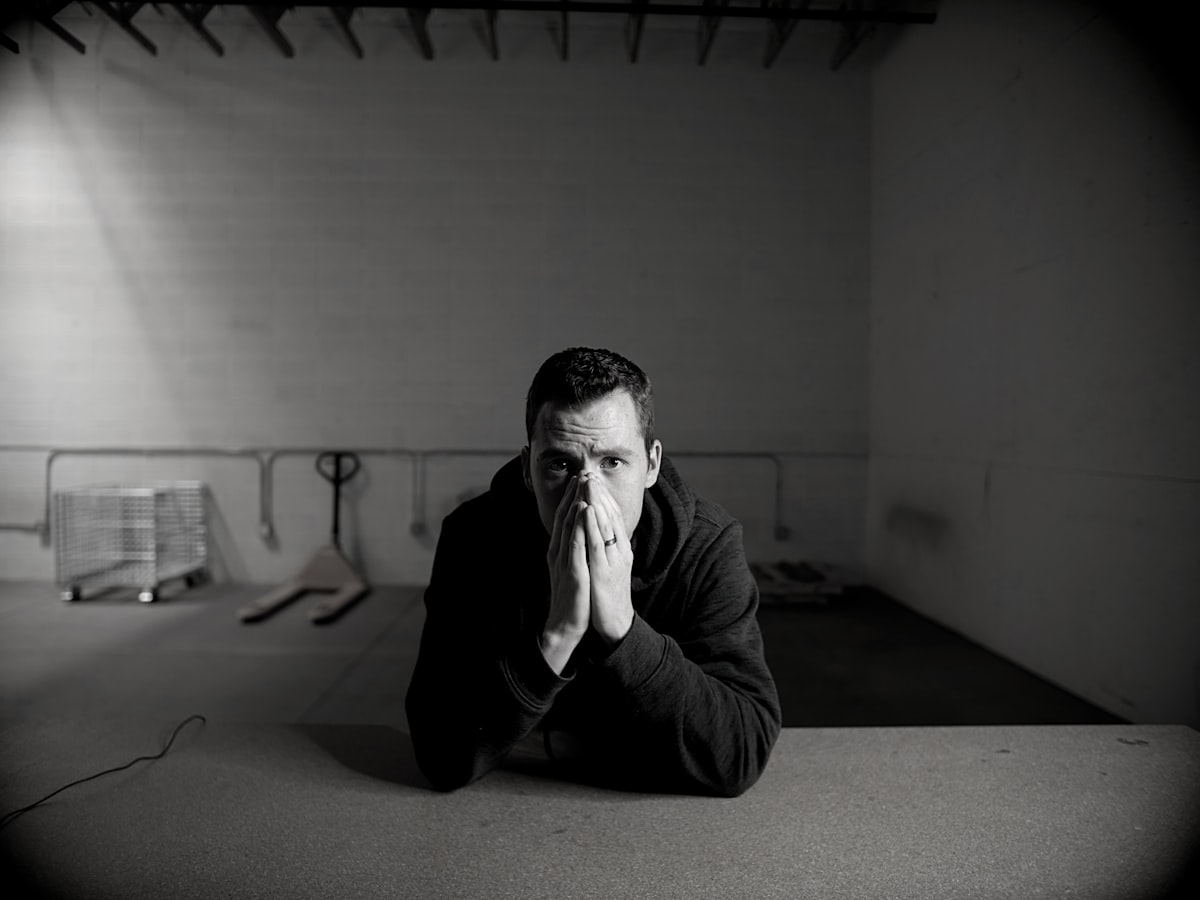take worry apart

“Take worry apart. Since worry is an irrational thought, you must take worry apart, lay it out, dissect it, cut up, and look at it piece by piece. Do this with cool, collected, rational thought. Worry is a deceiver, but once you face up to it squarely, you will be able to handle it.” — Norman Vincent Peale
Close to five hundred years ago, Michel de Montaigne said: "My life has been filled with terrible misfortune; most of which never happened." Now, there is a study that shows he might have been right.
Researchers at Cornell University looked at how many of the bad things we imagine actually come true. In the study, people were asked to write down their worries for a long time and then figure out which of those things didn't actually happen. Surprise, surprise! It turns out that 85 percent of the things people worried about never really happened. And out of the 15 percent that did happen, 79 percent of people found out that they could handle the problems better than they thought or that the problems taught them something useful.
So, what does this mean? It means that 97 percent of the things you worry about are just your mind playing tricks on you, making things seem worse than they actually are.
Let me reiterate, 97 percent of the things we worry about either never happen, or we handle them and possibly learn something valuable in the process. Only 3 percent of the time do our worries prove well-founded. Only, 3%! That means you’re getting better returns on your mutual fund investments than you’re getting on your worries. Go figure!
Worry, therefore, is a scam, a self-inflicted torture you put yourself through. I hope knowing this will inspire and motivate you to invest your time and mental bandwidth wisely.
Dr. David Keppel, a friend of Norman Vincent Peale, also once said that 90 percent of his own worries were never realized. And he was able to handle the ten percent that was left. Dr. Keppel even wrote a poem about this process.
Better never trouble trouble
Until trouble troubles you,
For you’re sure to make your trouble
Double trouble when you do.
And your trouble, like a bubble,
That you’re troubling about,
May be nothing but a cipher
With the rim rubbed out.
. . .
If you want to reduce the power of worry, try to calm down and think about the problem without letting your emotions take over. When we worry too much, we get scared and only focus on the negative outcomes. But if we approach the problem with a rational and calm mindset, things can actually get better. No matter how bad a situation may seem, when we think about it logically and spiritually, it tends to improve. God gives us the ability to think clearly by filling us with peace and faith.
So, don't let worry control you. The next time you feel overwhelmed by anxiety and worry, tell yourself, "I will carefully think about this situation. I will analyze it calmly. I won't let it disturb me." If you keep practicing this approach, worry will eventually fade away.


